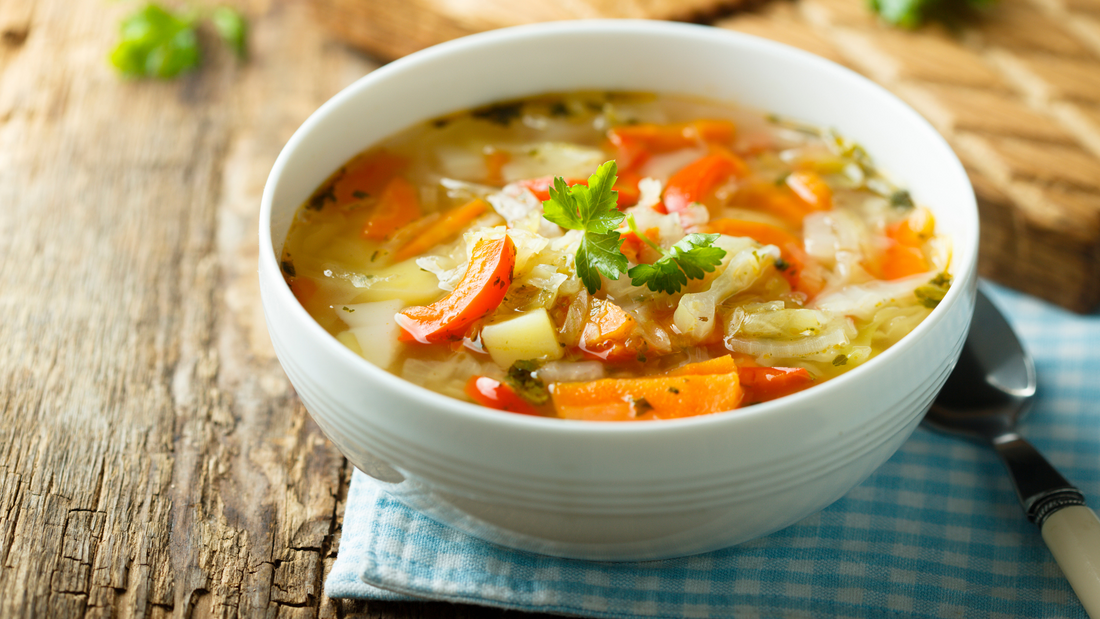Winter is a time of year when many people tend to opt for more comforting and warming foods, often leaving aside healthy choices. However, it is essential to maintain a balanced diet during this season to ensure good health and energy.
1. Prioritize seasonal and local foods: In winter, it is important to give preference to foods that are in season, such as winter vegetables, citrus fruits and root vegetables. Choosing local products also helps reduce environmental impact.
2. Enjoy the benefits of legumes: Legumes, such as beans, lentils and chickpeas, are rich in protein, fiber and essential nutrients. They are versatile ingredients that can be used in soups, stews and salads.
3. Stay hydrated: In winter, it is easy to forget to drink water, but hydration is essential for the body to function properly. In addition to water, herbal teas and infusions are healthy and comforting options.
4. Bet on quick-frozen foods:
Deep-frozen foods are practical and nutritious.
They offer an excellent alternative for quick and healthy meals in winter.
5. Avoid excess processed foods: Processed foods often contain unhealthy additives. Choose homemade meals or minimally processed products.
6. Include healthy fats in your diet: Healthy fats, such as those found in avocado, nuts and olive oil, are important for cardiovascular health and brain function.
7. Don't neglect vitamin D: In winter, sun exposure is reduced, which can affect vitamin D levels. Consider supplementation or include foods rich in vitamin D in your diet.
8. Maintain a balance and practice moderation: In winter, it is tempting to indulge in gastronomic pleasures, but it is essential to maintain balance. Enjoy indulgences occasionally, but don't forget to maintain a balanced diet most of the time.
By following these eight essential tips, you can ensure that your winter diet is healthy, nutritious and comforting.

